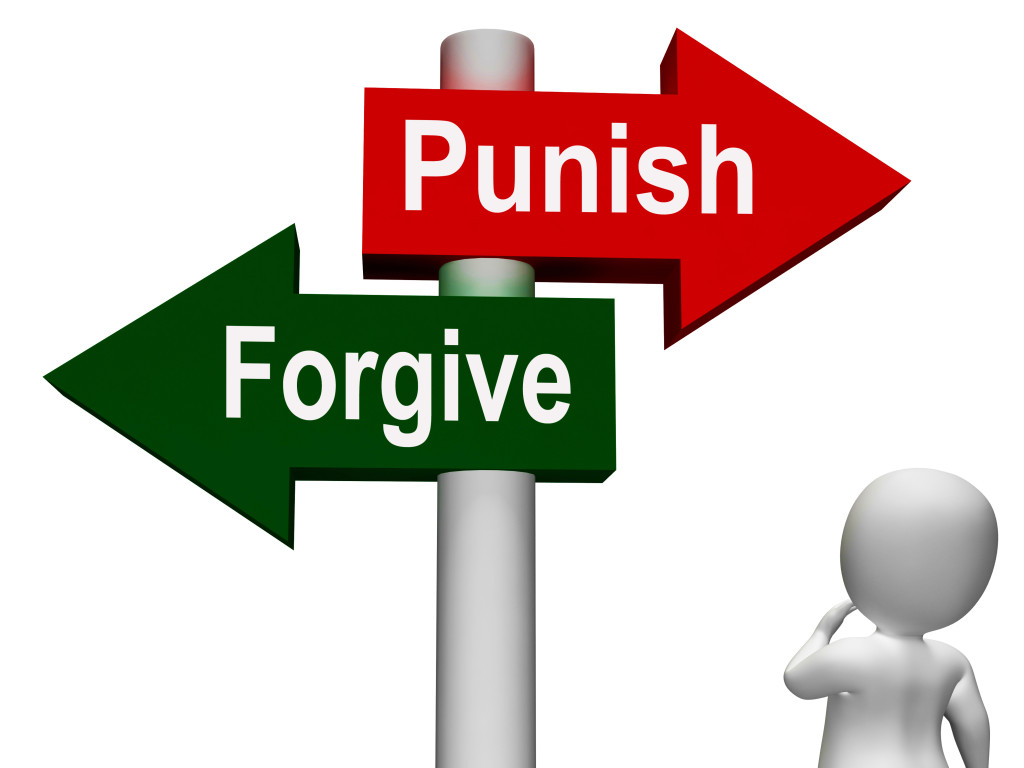AN ANALYSIS OF ARTICLE 72 AND 161 OF THE INDIAN CONSTITUTION- PARDONING POWER OF THE PRESIDENT AND THE GOVERNORS.
NIKHIL J, Student, School of law, Christ (deemed to be university)
Best Citaion – NIKHIL J, AN ANALYSIS OF ARTICLE 72 AND 161 OF THE INDIAN CONSTITUTION- PARDONING POWER OF THE PRESIDENT AND THE GOVERNORS, 2 ILECR 13, 2022.
ABSTRACT
The research paper revolves around the aspect of pardoning powers in India, mainly focusing with respect to the Governors of the States. The paper also focuses on how the judiciary in our Country has reiterated its observation about the pardoning power in the Indian Constitution many a times by judging that the pardoning power present in the Constitution of India is different from the pardoning power that is vested in the hands of the Crown in the Constitution of Britain.
The main research question in this paper is whether the pardoning power given to the President and Governors is eclipsing the Rule of Law.
The purpose of writing this research article is that it has to be noted that though there are recent debates challenging the presence of Article 72 in our Constitution, it needs to be implored into the fact that whether the abrogation or the deletion of such a provision from our Constitution denies it the present pith and marrow. The President’s and Governor’s power to pardon has been granted and will be continually regulated by the Constitution of our Country; hence the depth of this power that has been guaranteed to the President and the Governors under the Constitutional provision needs to be read with the Constitutional scheme drawn within the mind and not with repetitive reference that is made to the same power enjoyed by the Crown under the British Constitution.
Finally, in conclusion, the paper proves that the power to pardon as it is blended into our Constitution was added with the ideas solely fixed in the mind of our constitutional framers. Furthermore, it can be concluded that even though the power of pardon has survived through the ages, its scope is limited by the axioms of modern political philosophy, such as separation of powers and the supremacy of the Constitution, and it does not violate the fundamental principle of the rule of law.
Keywords- Britain, Constitution, Executives, Governor, Judiciary, Power to pardon, President, the rule of law, Violation
